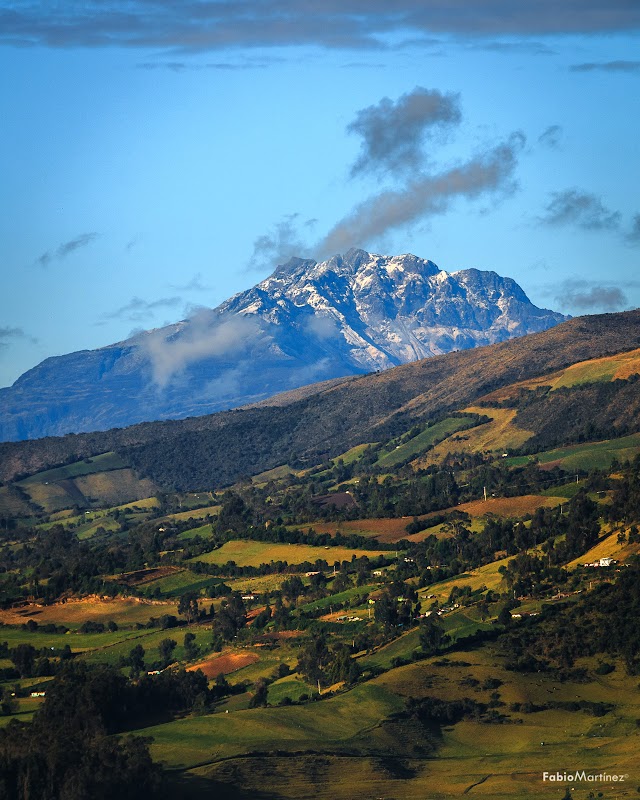
Paramo de Cumbal Adventures
Paramo de Cumbal is a high-altitude páramo ecosystem located around the Cumbal Volcano in southern Colombia, renowned for its unique alpine flora, endemic species, and outdoor opportunities like hiking and ecological study.
About Paramo de Cumbal

Paramo de Cumbal is a distinctive high-Andean páramo ecosystem situated on and around the Cumbal Volcano, the southernmost active volcano in Colombia, within the department of Nariño. The páramo ecosystem exists between the montane forest and permanent snow line, generally from 3,000 to 4,700 meters above sea level, characterized by its unique vegetation including frailejones (Espeletia), chuscales (grasslands), and cushion plants adapted to cold, humid conditions. This ecosystem plays a crucial role in water regulation and biodiversity conservation. The volcanic origin of the area contributes to rich soils and geothermal features. Paramo de Cumbal is home to endemic and endangered species, including the Andean bear and several endemic amphibians and birds. Visitors can explore various hiking and trekking routes, particularly ascending the Cumbal Volcano, which offers panoramic vistas over the Andes and, on clear days, views into Ecuador to the south. The area appeals to scientific researchers, conservationists, and outdoor enthusiasts interested in high-altitude ecosystems, unique biodiversity, and the spectacle of volcanic landscapes. The cultural heritage around the area is influenced by indigenous Nariño communities, with local knowledge contributing to the conservation of the páramo milieu. The best times for travel typically align with drier seasons, facilitating safer and more enjoyable hikes. Visitors must be prepared for variable weather and thin air at high elevations.
Highlights
Summiting Cumbal Volcano for expansive views of surrounding Andes and into Ecuador
Exploring unique páramo flora, including iconic frailejones and endemic plants
Spectacular highland wetlands and peat bogs crucial for water retention
Observing rare wildlife such as Andean bears, páramo hummingbirds, and endemic amphibians
Notable Natural Features
Cumbal Volcano
Active stratovolcano reaching approximately 4,764 meters, offering challenging hikes and volcanic landscape views.
Páramo Ecosystem
High-altitude moorlands with unique vegetation adapted to cold, wet conditions, crucial for regional water supplies.
High Andean Wetlands
Peat bogs and lakes that support diverse flora and fauna and function as natural water reservoirs.
